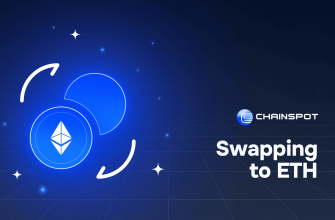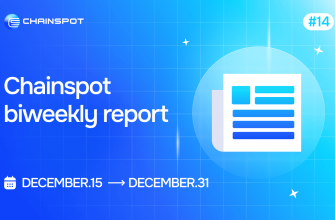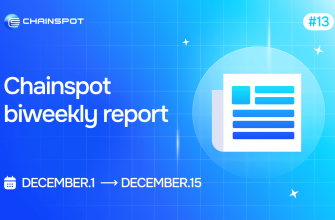Founder of Ethereum, Vitalik Buterin, has expressed concerns regarding the significant centralization inherent in the Proof-of-Work (PoW) consensus mechanism that Ethereum previously operated on. Buterin shared this viewpoint in a recent post on X, responding to the sentiment expressed by some Ethereum community members who wish for the network to remain on PoW rather than transitioning.
Amanda Cassatt, CEO of Serotonin, sparked the conversation by noting that she had observed individuals advocating against Ethereum’s transition to Proof-of-Stake (PoS). According to Cassatt, the primary factors contributing to this sentiment are concerns about centralization risks and power balance. Cassatt highlighted Ethereum’s more centralized validation and emphasized that the PoS consensus has eliminated initial restraints and counterbalances in the ecosystem.
Been interesting to notice a lot of ethereum community members privately expressing the wish that it had stuck with pow instead of transitioning to pos.
— amanda.eth (@amandacassatt) April 26, 2024
Joining the discussion, Buterin emphasized that PoW “was also quite centralized.” However, he noted that the centralization of PoW attracted less attention when it was the consensus mechanism on Ethereum. Buterin supported his perspective with a graph illustrating the control over Ethereum miners during its PoW phase.
PoW was also quite centralized. It was just not talked about as much, because everyone knew it was only a temporary stage until PoS.
And that doesn't even get into how we probably mostly avoided ASICs only because the upcoming PoS switch meant no incentive to build them. pic.twitter.com/OhaqmRiiGJ
— vitalik.eth (@VitalikButerin) April 26, 2024
According to the chart, Spark Pool controlled a whopping 33% of the mining power, while Ethermine held 21%. Other miners with significant control included Zhizhu.top, Nanopool, and F2Pool.
Meanwhile, Buterin speculated that the centralization of PoW in Ethereum did not surprise stakeholders, as they knew “it was just a temporary stage until the PoS.” Additionally, Buterin noted that Ethereum likely avoided significant ASIC (Application-Specific Integrated Circuit) development due to the impending transition to PoS, which eliminated the incentive to invest in ASICs.
Notably, Ethereum transitioned to PoS in September 2022. Since then, validators have locked in 32.5 million ETH tokens via the Beacon Chain staking contract. The value of these staked tokens exceeds $101.5 billion, with the price of ETH at $3125 USD.












